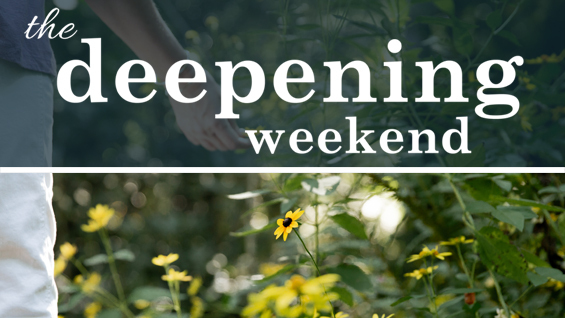Many older people are haunted by wounds they have inflicted on others, especially family or friends. The injuries they caused have become the ones they themselves bear. Among the elder-sages I have counseled, the burden of being unforgiven is common. Those men’s regrets aren’t holy; guilt and shame force them to live paroled rather than forgiven and free. Receiving forgiveness from those a man has wounded is a powerful antidote to guilt, shame, and regret. It is both an elder-sage’s challenge and his opportunity. It is a courageous thing to pursue forgiveness, for it is a vulnerable space to enter. Maybe that is why so few do. The enemy has much to lose when forgiveness is pursued. Two hearts are involved, both of them have much to gain, and so does the kingdom at large. So there is opposition, with the potential for pain, and no guarantee the other person will forgive.
True, the Christ follower is already forgiven by God through the work of the cross and resurrection—but will he receive that forgiveness and allow God to weed the garden of his heart? Whose voice will he listen to? The enemy’s: “You don’t deserve this”? Or the Father’s: “I forgive you. Stop trying to pay for something my Son has already paid for. Just receive it, and let me love you in the grief and regret. Lay this down so I can hold you up.”
Of love’s great gifts, forgiveness—and the grace to receive forgiveness—is the greatest, and a very humbling one. The best elder-sages are the ones who have let forgiveness do its work in them, washing away the stains of guilt and shame and replacing them with powerful and empowering humility and grace.


